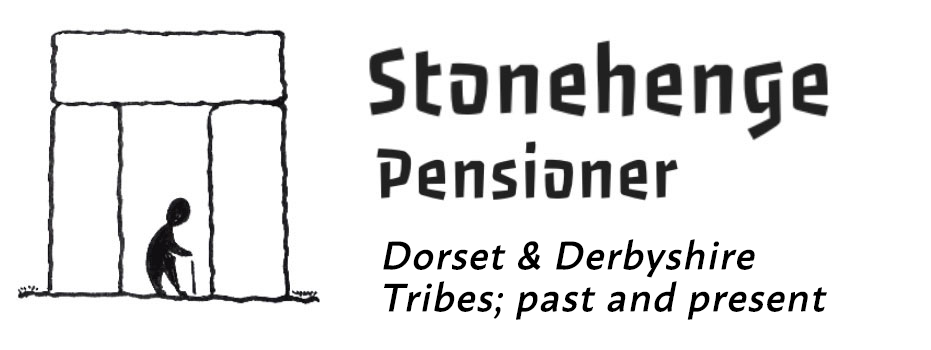The Impact of Childhood Abuse for Pensioners
Childhood abuse is challenging. As I grow older I find myself reflecting on the past; happiness came late to me. Childhood experiences have troubled me and still do. Now older, I am less bitter about it but still conflicted. I mentioned this previously in pensioner mental health. The question remains as to whether my childhood abuse was totally bad for me, or did it give me advantages in life?
Physical Abuse
I despise the abuse of power by men. My stepfather physically beat my brother and I infrequently yet it was his mental torture that was most damaging. We feared his return home from work, and when the side gate opened and his bicycle was dropped against the house wall, even the cat cowered and slunk away. If he (not the cat!) had had a bad day, he snatched books or comics out of our hands. These were often torn up and thrown around the room. His plated meals and various crockery were smashed against the walls. Worse, he would grab you and rage; his spit spattered your face. His foul language was so bad that it occasionally turned into sheer farce. Just how many f**ks can be included in a sentence before you start to smile? My brother and I did smile, rarely, but we paid for that.
Cinderella Syndrome
When older, we realised that what we had experienced was the Cinderella syndrome. We possessed the DNA of another man and had to be punished. Our survival technique was to switch off. It was only when we went out to work at the age of 15 that the abuse stopped. The abuse destroyed our schooldays and our education. Neither of us used it as an excuse to go off the rails or to become abusers ourselves. We went out to work, stolid and reliable, and built careers. However, the impact of the abuse is still there but what do I do with it?
The Consequences
I recalled my past as I read a very interesting article by a funeral celebrant. She said that many of her funeral arrangements with families brought up the unspeakable; the information that was not to be included in the service. For instance, how men perceived as good, had repeatedly shut their children in cupboards. This was for as long as an entire day. Other domestic abuse was not uncommon. Childhood abuse is tragic but does it build character by highlighting how not to behave?
An Abuser’s Funeral
My abuser, ex army, grew old and benign. He was a model citizen, even helping old ladies cross the road. His funeral was a placid Christian affair and even today, his grandchildren venerate their grandpa. In the past I rebuked myself for not bursting in on the funeral service and shouting out his true character. My only consolation is that he gave me an acute awareness of what happiness is really all about. But he also made me deplore much about men, which is one reason why the protagonist in my book is Zuri, a woman. Testosterone is not my scene. If I dream of a new world then it must exclude male dominance.




